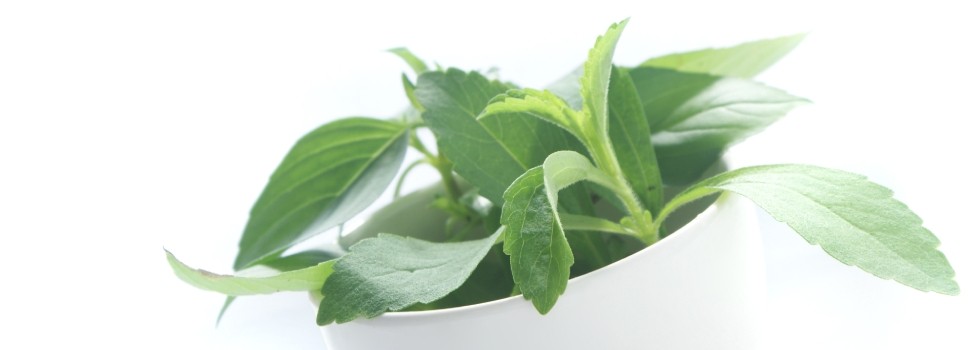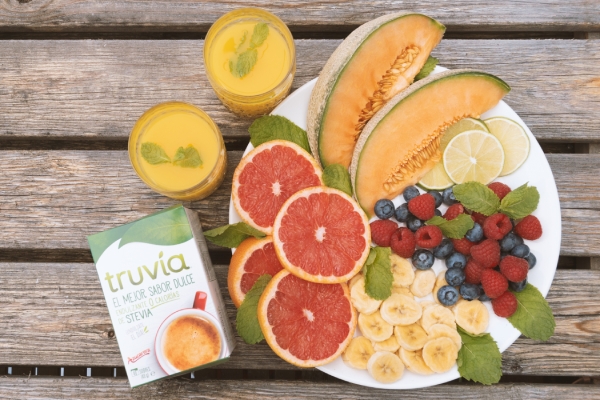Promotional Features
How the war on sugar in Asia Pacific is creating a need for full natural sweetener solutions
A war on sugar is underway in Asia Pacific. Faced with rising rates of obesity and diabetes, governments are imposing some control measures i.e. sugar taxes and front-of-pack labeling schemes.1,2 At the same time, a growing group of health-conscious consumers is seeking out natural and better-for-you beverage, dairy and confectionery products. The situation is creating a pressing need for sweeteners solutions, such as that offered by Cargill, that make products healthier and maintain sensory properties.
The drivers of the mounting pressure to reduce the sugar levels of products sold in Asia Pacific are shown by the situation in Malaysia. From 1996 to 2015, the prevalence of overweight and obesity among adults increased from 21.0% to 47.7%.3 The increase in overweight and obese adults was accompanied by a rising rate of diabetes, which climb from 11.6% in 2006 to 17.5% in 2015.
With the average Malaysian consuming 7 teaspoons of sugar a day in beverages, government officials identified frequent and excessive intake of sweetened drinks as a driver of rising obesity and diabetes. In response, the government imposed a tax on sugar-sweetened beverages.
In 2019, the government brought into force a tax of RM0.40 ($0.09) per liter of sweetened beverages, specifically carbonated drinks that contain 5g or more of sugar per 100 ml and fruit and vegetable juices that contain 12g or more of sugar per 100 ml. The government imposed the tax to reduce sugar intake coming from sweetened beverages and outlined plans to expand the duty to sugary foods and other drinks.
Other governments in Asia Pacific are taking similar actions. The Philippines and Thailand have already imposed sugar taxes.4,5 Attendees at a 2019 meeting of the Association of Southeast Asian Nations recognized the effectiveness of the Philippine tax, which helped lower the consumption of sweetened beverages by an average of 6.5%.6 Nations including Australia and Indonesia are also discussing sugar taxes.7,8,9 The tax agenda is advancing in parallel to moves to impose front-of-pack schemes that identify healthy or unhealthy foods and drinks. Malaysia and Singapore use the Healthier Choice Logo (HCL) to help consumers make informed choices.10 Singapore will introduce a “Nutri-grade’ grading for beverages from 30 Dec 2022.11
In the recent past, food and beverage manufacturers could respond to HCL and sugar taxes by reformulating with artificial sweeteners. However, the pivotal shift towards natural offering has already happened in North America and is now underway in Asia Pacific.
A 13,000-person survey conducted in 2019 and 2020 found most people in Asia Pacific say it is important that products are 100% natural.11 The proportion of people who agreed about the importance of fully natural products ranged from 54% in Japan to 88% in Malaysia.12
Deploying a full sugar reduction solution
The availability of a variety of nature-derived, full to no-calorie sweeteners, such as Cargill’s range of stevia sweeteners, is empowering manufacturers to help cut the sugar content of their beverage, dairy and confectionery products and maintain taste. With Truvia, Cargill is the global tabletop sweetener leader, providing the company with a strong foundation from which to support sugar reduction initiatives.
Cargill’s B2B Truvia range features Reb-A stevia sweeteners designed at varying purity levels, enabling food and beverage manufacturers to choose the product that is appropriate for their applications and sugar reduction targets. At each purity level, manufacturers benefit from a good taste profile at low sugar substitution rates and the assurance of reliable supply provided by Cargill’s global supply chain.
The Cargill portfolio also features higher-end solutions for manufacturers that want to replace a higher proportion of sugar with a sweetener. In its ViaTech product line, Cargill has synergistic blends of steviol glycosides that, because of the reduction in off-notes and sugar-like intensity, may replace up to 70% of the sugar in a product. Manufacturers that want to replace all the sugar in a product may use EverSweet, Cargill’s latest innovation in Stevia product line, which contains high purity Reb D and Reb M that closely mimic the properties of sugar.
That portfolio of sweeteners is just part of the full solution needed to support sugar reduction initiatives. Sugar is a versatile ingredient that does more than just make products sweet. Just replacing sugar with a sweetener, without making other changes, can alter the texture, mouthfeel and other properties of the product. A wide range of complementary ingredients, coupled to deep expertise in how to use them to offset the reduction in sugar, is needed to deliver products that meet consumers’ sensory demands.
Recognizing that, Cargill offers its sweeteners as part of a sugar reduction solution, branded C* Sweetmix, that features all the ingredients and expertise needed to reformulate products. The solution includes starches and pectin that build back the mouthfeel that is lost when sugar is removed, as well as bulking agents such as maltodextrin and fibers that compensate for the mass that is lost when sugar is replaced with a more intense sweetener.
Cargill is also equipped to support manufacturers who want to deliver zero calorie products. Using Zerose Erythritol, Cargill may help mask the aftertaste of stevia, provide bulk and deliver products that contain zero fat, sugar or calories.
Manufacturers that partner with Cargill gain access to its full suite of sugar reduction solutions and deep expertise in how to deploy them. Regulations are also different in each country and Cargill works with manufacturers to meet regulations, while still taking care of taste, texture and mouthfeel.
References
1. Overweight and obesity.
2. Diabetes.
3. THE IMPLEMENTION OF TAXATION ON SUGAR-SWEETENED BEVERAGES (SSBs) IN MALAYSIA.
4. Neo, P. Tax attack? Philippines considers higher sugar levy and new ‘junk food’ tax to offset COVID-19 impacts. foodnavigator-asia.com (2020).
5. Sukanya Sirikeratikul, P. W. Thai Excise Department Implements New Sugar Tax on Beverages. (2017).
6. dofweb. ASEAN members cite TRAIN’s sweetened beverage tax as successful policy—DOF - Department of Finance. (2019).
7. Sugar tax will cut disease and save lives. Australian Medical Association (2021).
8. Arthur, R. Indonesia inches closer to stealth sugar tax. beveragedaily.com (2020).
9. Chua, A. Nationwide ban, tax on high-sugar drinks among measures proposed by Govt; public consultation kicks off. TODAY.
10. Healthier choice logo (HCL).
11. www.straitstimes.com
12. Regional consumer trend updates: Asia Pacific. Issuu.






